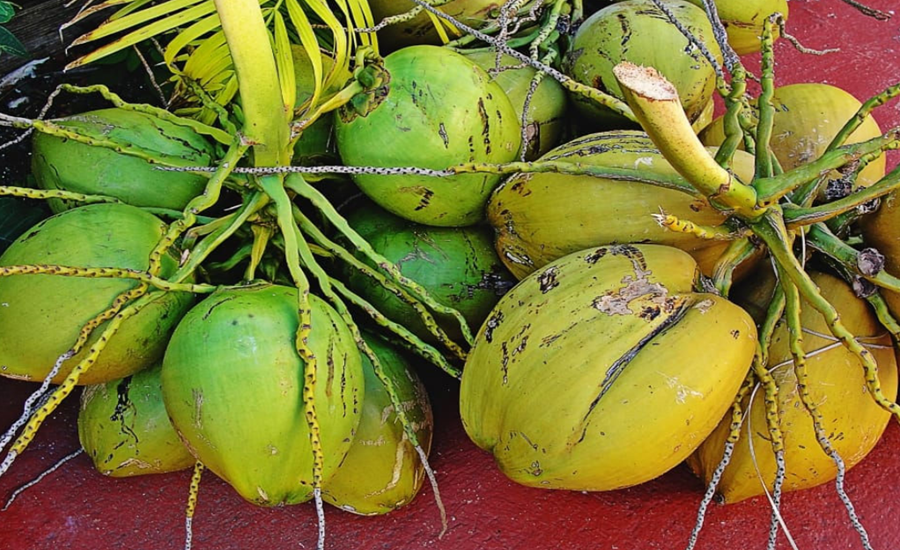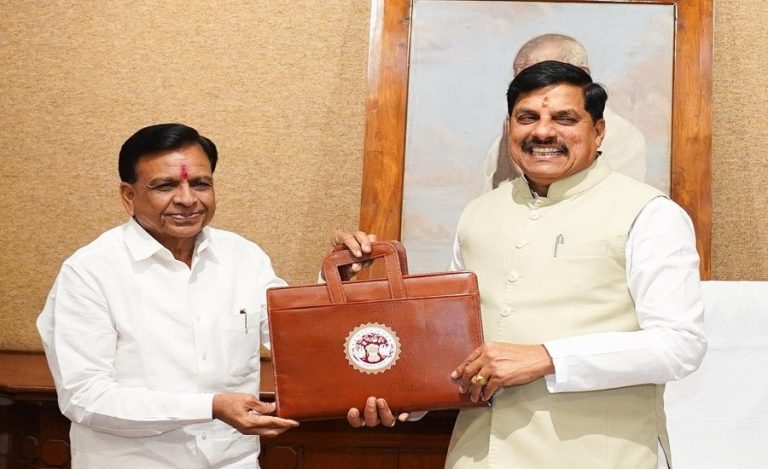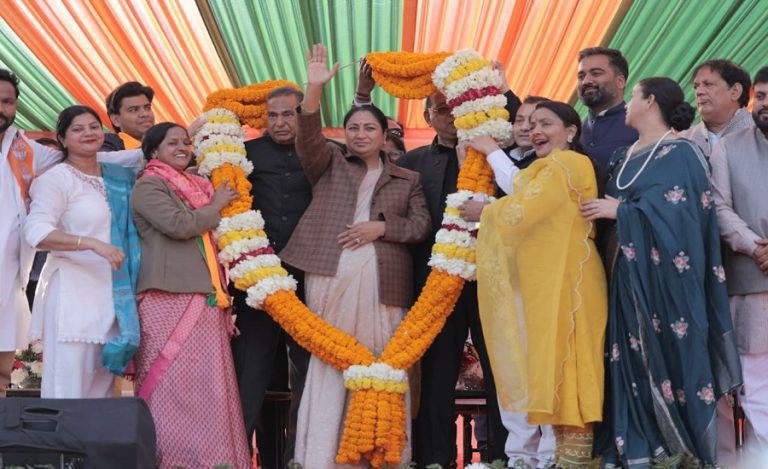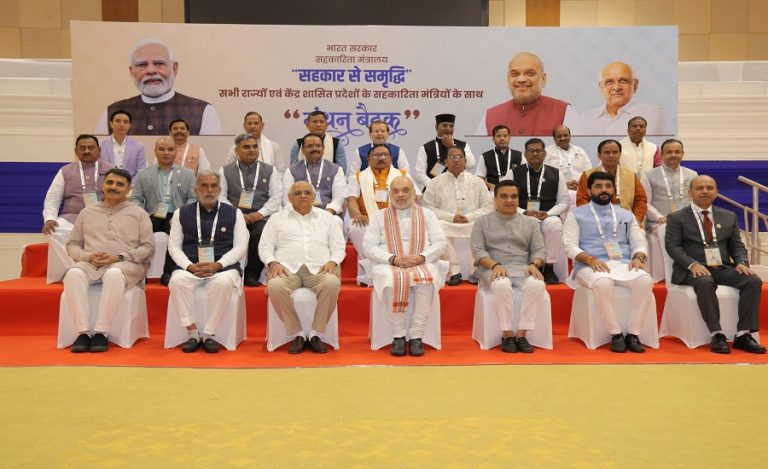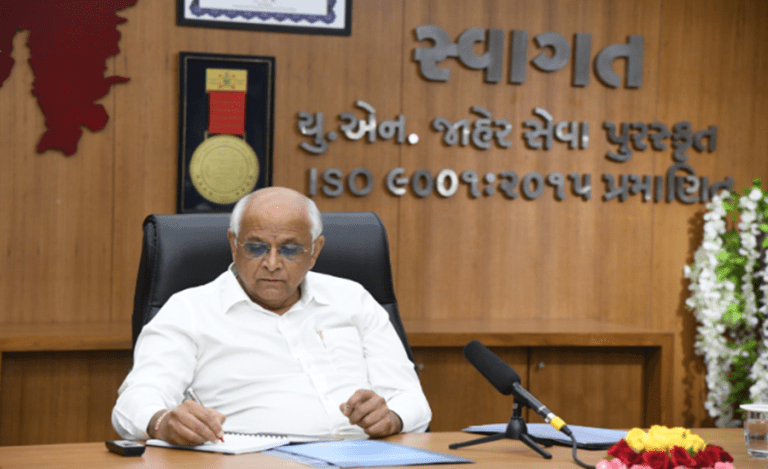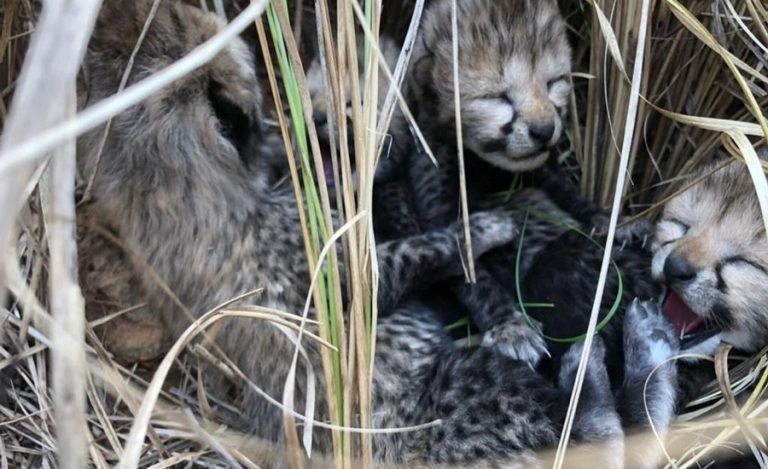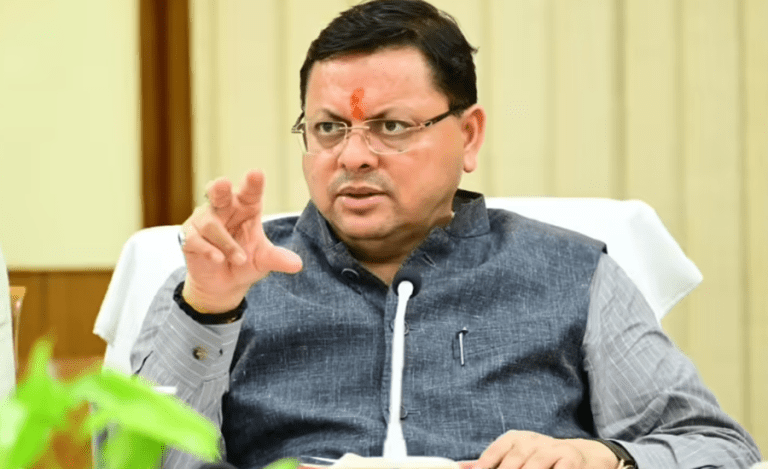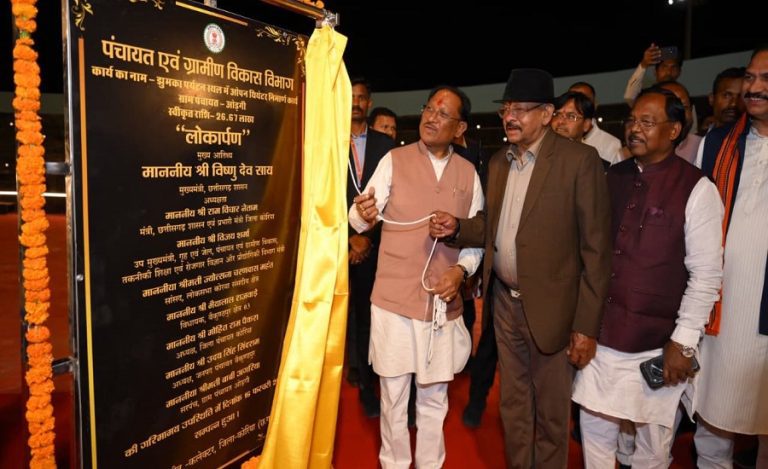World Coconut Day was celebrated on September 2 with Gujarat highlighting its remarkable progress in coconut farming. Agriculture Minister Mr. Raghavji Patel stated that due to initiatives introduced by the then Chief Minister, Mr. Narendra Modi, the state has seen continuous growth in coconut cultivation over the past decade. The cultivated area has expanded by 5,746 hectares, growing from 22,451 hectares in 2014–15 to 28,197 hectares in 2024–25. Presently, Gujarat produces more than 260.9 million units of tender coconuts annually.
Immense Potential Along Gujarat’s Coastline
With India’s longest coastline, Gujarat has vast potential for coconut farming. Currently, 4.561 million hectares of land in coastal districts are suitable for cultivation. The area under coconut farming in these regions could expand from the existing 28,000 hectares to 70,000–80,000 hectares. Presently, farming is concentrated in districts such as Gir-Somnath, Junagadh, Bhavnagar, Valsad, Kutch, Navsari, and Devbhumi Dwarka, but the government is actively encouraging cultivation in other coastal areas as well.
Government Support Through Gujarat Coconut Development Programme
To boost coconut production, the state government has launched the Gujarat Coconut Development Programme. For 2024–25, an allocation of Rs. 550 lakh has been made under this scheme. Farmers are provided financial assistance covering 75% of plantation costs, up to Rs. 37,500 per hectare. Additionally, support for integrated nutrition and pest management is available at 50% of costs, capped at Rs. 5,000 per hectare.
Financial support is directly credited to farmers’ bank accounts, with assistance limited to 4 hectares per farmer. Further, under the State Plan scheme, up to 90% of costs (Rs. 13,000 per hectare) are covered for coconut planting materials. These measures aim to make coconut farming more profitable and sustainable.
High Demand and Seasonal Trends
Most coconuts produced in Gujarat are consumed as tender coconuts, with nearly 40% supplied to states including Delhi, Punjab, Haryana, Rajasthan, and Madhya Pradesh. Demand peaks during the summer season from March to June. Around 5% of the produce is retained by farmers for personal use and seed material.
Value Addition Strengthening Farmers’ Incomes
Recognized in Indian tradition as Shrifal and revered as the Kalpavriksha (divine tree), coconuts hold significant cultural and health value. To maximize farmer income, emphasis is being placed on value-added products such as coconut oil, virgin coconut oil, coconut milk, packaged coconut water, coconut cookies, coconut barfi, vinegar, flakes, chips, oil cake, and neera. These processed products are enabling farmers and agro-industries in Gujarat to enhance earnings and contribute to rural economic growth.

